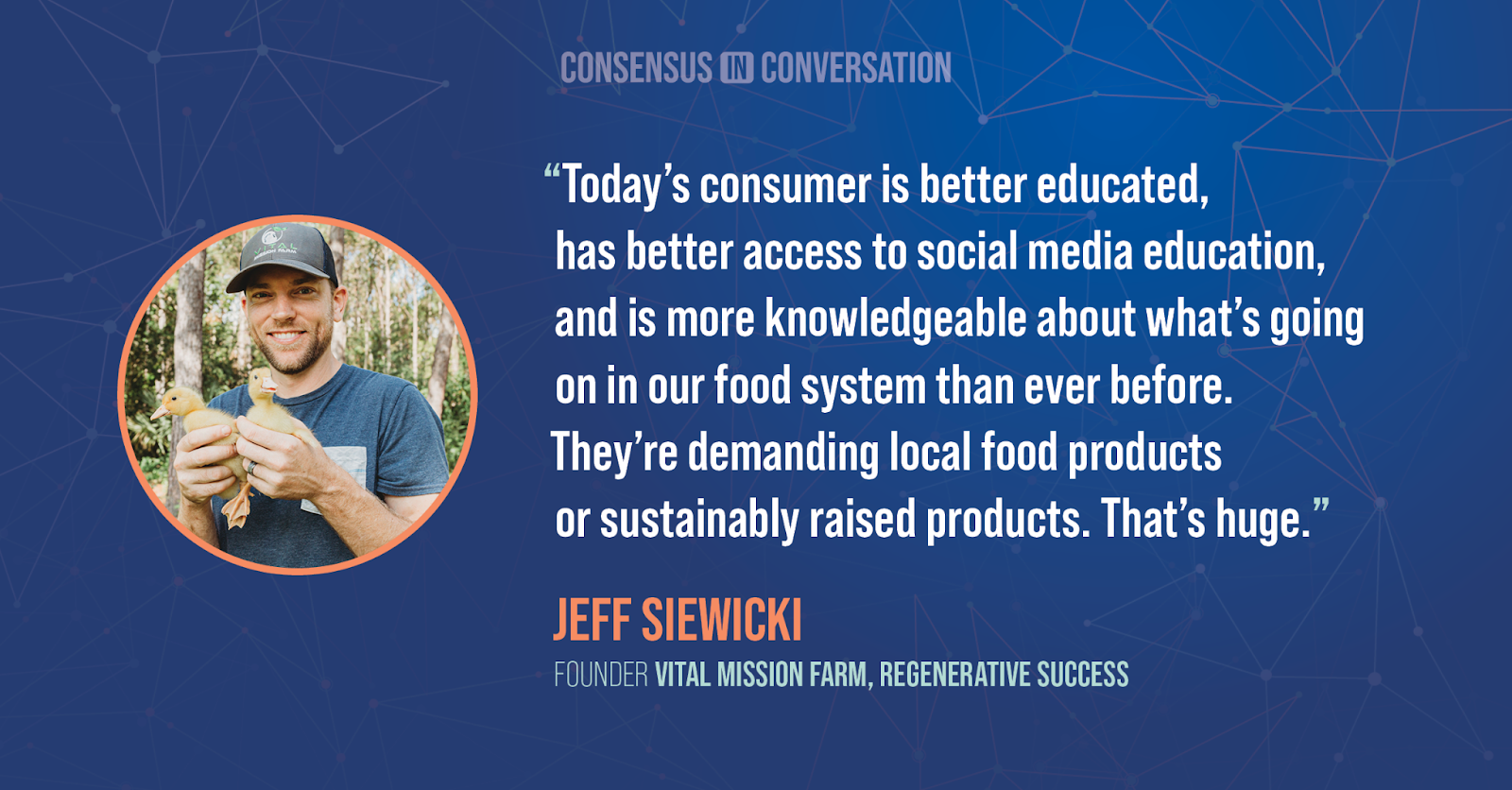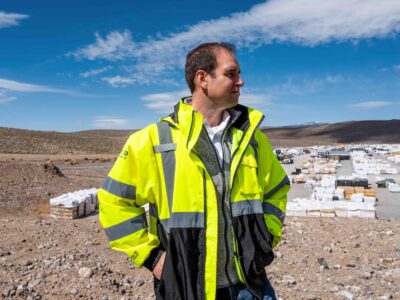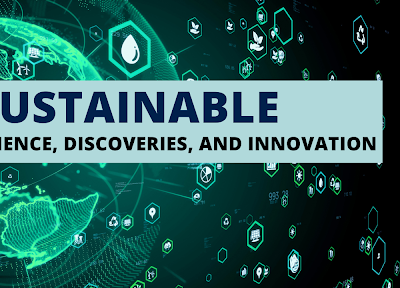
“Those who can, do; those who can’t, teach.” This infamous mischaracterization was developed by the legendary playwright George Bernard Shaw and proves that even a genius’ brilliance has its limitations. Educators “do” some of the most important work of any profession. We rely on our teachers to inspire young leaders and to equip their pupils with the necessary skills for our continued societal advancement. Nobody achieves greatness by themselves, and we can all point to a mentor who positively changed the trajectory of our lives.
On a recent episode of Consensus in Conversation (CiC), we talked with Jeff Siewicki, the founder of Vital Mission Farm. This agricultural business raises poultry while healing the environment through regenerative techniques. Having no prior experience, Jeff created Vital Mission through trial – and a fair amount of error. He has persevered through this challenge, eventually running a highly profitable and sustainable business.
But, like many of us, Jeff saw an opportunity to amplify his impact. Through his education process, he recognized that there needed to be more learning resources, and this barrier was preventing others from building regenerative agricultural businesses. Jeff concluded that the life-altering powers of teaching would be the best way to expand the community of sustainable farmers, so he developed an educational platform on RegenerativeSuccess.com. Jeff could help the agricultural sector counteract climate change by upskilling the next generation, moving the needle far more than his efforts. He conceptualized the scope of this combined effort when he said, “If I can teach other people to [farm regeneratively], and I can influence even just another 50 farmers, that’s a 50x increase in impact.” What a powerful incentive to embrace mentorship in our own lives, right?
Here are a few of our main takeaways:
1. Democratizing Business Education Prepares Aspiring Entrepreneurs. Jeff’s story illustrates how the internet can facilitate a solid start to an entrepreneurial journey. He owes his early agricultural skill development to online resources provided by the USDA and YouTube creators. But, while Jeff was able to find plenty of information on how to raise crops and livestock, he noticed an absence of business-related learning material. Without these types of lessons, Jeff’s initial entrepreneurial struggle was intensified. The silver lining: Jeff gained a wealth of experiential knowledge on topics as diverse as balancing the budget, marketing, and customer outreach. He then shared his learnings with the next generation through his easily digestible videos on RegenerativeSuccess.com. Jeff provides a great example by mentoring young leaders on the easily accessible online forum highlighting how digital media can be used to encourage and support business owners.
2. Sustainability Can Mean Savings. There is no greater stress for an entrepreneur than the pressure to achieve financial stability. This can be alleviated by either increasing revenue or decreasing costs. And, it turns out that for Jeff, and many regenerative farmers, sustainability can play a sizable role in achieving the latter goal. If a business recycles resources and generates less waste, its operations can become far more profitable as the need to purchase extra materials is reduced. This emphasis on efficiency also helps to achieve climate goals because it lowers the amount of greenhouse gas emissions associated with fuel generation and resource extraction.
Founding Vital Mission Farm required a large amount of upfront capital to purchase the land, livestock, and equipment necessary for agricultural operations. These expenses drove Jeff into debt, so he had to get creative and become more efficient and reduce costs.
Jeff instituted “cyclical ecosystems,” which serves as his personal spin on regenerative agriculture. Jeff’s version of this concept places a special focus on reducing waste, so he actively seeks to reuse as many of his input materials as possible. Like many sustainable farmers, Jeff forgoes expensive fertilizers (Some varieties are currently selling at over $1000 per ton) by naturally increasing soil nutrients with manure and decomposed vegetation. This significant win for Vital Mission’s budget also prevents environmental degradation by avoiding harmful chemicals from entering into the soil. This alignment proves an apt metaphor for the planet and the private sector’s shared interests; it is no surprise that a diverse set of companies are starting to take a similar approach to efficiency.
3. The Power Of We Is Transformative. Humanity faces a lot of challenges. And the biggest ones, like climate change, look impossibly complex. However, slight changes in the behaviors of individuals can combine into a much larger effect. Jeff provides us with a fantastic example. The agricultural sector contributes to more than a quarter of the world’s greenhouse gas emissions, but if every operation adopted some basic regenerative techniques, such as employing rotational grazing and planting cover crops, over 100% of the planet’s yearly emissions could be sequestered (as estimated by the Rodale Institute). According to Jeff, if each farmer increases their land’s organic matter by 1%, the industry could create a better future. To learn more about the potential of regenerative agriculture, check out our article that spotlights Soilwork’s investment in this space.




